Health & Medicine
-
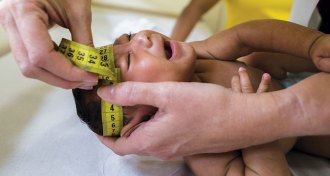 Health & Medicine
Health & MedicineMicrocephaly: Building a case against Zika
Zika virus is the prime suspect for Brazil’s recent surge in birth defects. New evidence in human cells strengthens the case, but more definitive proof could come this summer from Colombia, where thousands of pregnant women have been infected.
By Meghan Rosen -
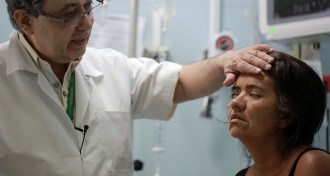 Health & Medicine
Health & MedicineScientists probe Zika’s link to neurological disorder
The link between the Zika virus and Guillain-Barré syndrome is growing stronger.
By Laura Sanders and Meghan Rosen -
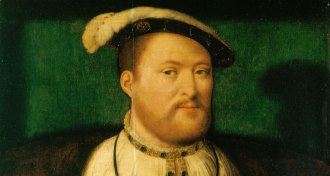 Health & Medicine
Health & MedicineExplaining Henry VIII’s erratic behavior
Researchers say Henry VIII suffered several traumatic brain injuries that may explain his explosive outbursts and memory problems.
-
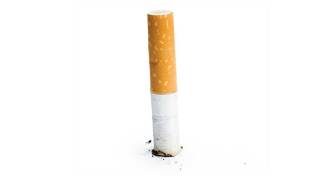 Health & Medicine
Health & MedicineThere’s more than one way to quit smoking
Three therapies to quit smoking are all about equally effective in the long term, a new study finds.
By Meghan Rosen -
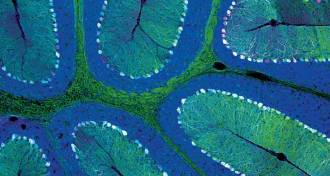 Neuroscience
NeuroscienceBrain cells aglow after viral delivery
The virus AAV-PHP.B proves best at delivering genes to brain cells in mice. Similar viruses may eventually be used for gene therapy in humans.
-
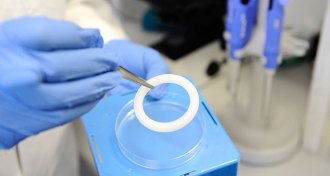 Health & Medicine
Health & MedicineVaginal ring somewhat effective at preventing HIV infection
Studies of vaginal ring for HIV protection show promise, challenges.
By Laura Beil -
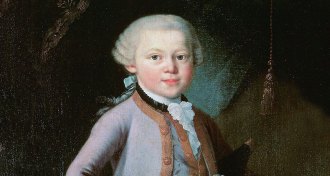 Psychology
PsychologyPsychologist probes possible link between prodigy, autism
The Prodigy’s Cousin explores the baffling world of child prodigies and people with autism.
-
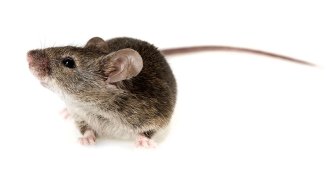 Genetics
GeneticsDads pass health effects of stress on to sons, mouse study finds
In mice, males exposed to repeated psychological stress developed high blood sugar — and so did their unstressed male offspring.
-
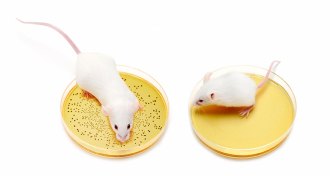 Microbes
MicrobesMissing gut microbes linked to childhood malnutrition
The right mix of gut microbes could prevent kids from succumbing to malnutrition.
By Meghan Rosen -
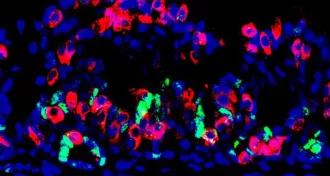 Health & Medicine
Health & MedicineMini-stomachs brew insulin in mice
Scientists transform stomach cells into insulin factories and grow mini-stomachs for diabetic mice.
-
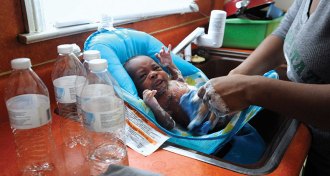 Health & Medicine
Health & MedicineLead’s damage can last a lifetime, or longer
Scientists have known for decades that lead is toxic to the brain, but the mark lead exposure leaves on children may actually stretch into adulthood, and perhaps even future generations.
By Meghan Rosen -
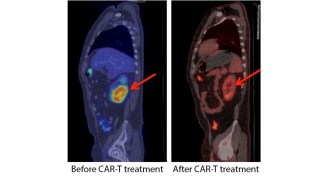 Life
LifeMemory cells enhance strategy for fighting blood cancers
Immune therapy made more powerful with memory T cells.